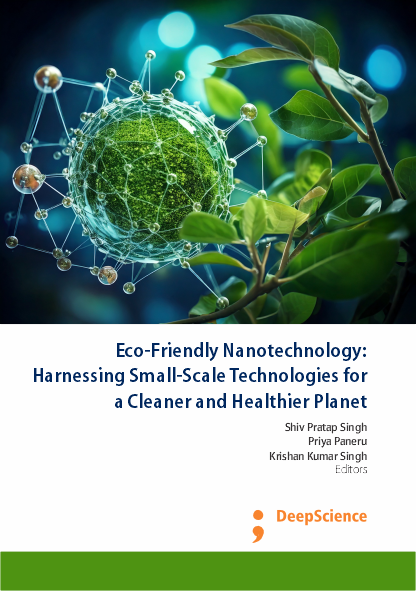Biosynthesized nanoparticles from endophytic bacteria: A game-changer for stress-resilient crops
Synopsis
Environmental changes have significantly impacted global crop production. Both abiotic stress (such as drought, heat, salinity, heavy metals, cold and UV radiation) and biotic stress (including bacteria, fungi, parasites, weeds and insects) pose serious threats to crop growth and development. Endophytic bacteria play a crucial role in plant health by promoting growth and providing resistance against biotic and abiotic stresses. Recent advancements in nanotechnology have highlighted the potential of bacteria-derived nanoparticles (NPs) as a sustainable alternative for improving crop resilience by enhancing yield and stress tolerance. Bacteria-based nanoparticles [silver (AgNPs), zinc oxide (ZnO NPs), copper (CuNPs) and silicon (SiNPs)] offer a simple, reliable and environmentally friendly approach to mitigate stress-related damages and promote plant growth in adverse conditions through enhanced plant defence mechanisms, improved nutrient uptake and mitigate the effects of drought, salinity and pathogen attacks. The mechanisms underlying the induction of systemic resistance, modulation of defense-related enzymes and generation of reactive oxygen species (ROS). Additionally, bacteria-derived NPs contribute to soil health by reducing chemical residues via improving microbial diversity. The present book chapter highlights recent advancements in bacterial nanoparticle biosynthesis, showcasing successful applications of bacterial nanotechnology in enhancing both biotic and abiotic stress tolerance for sustainable agriculture. Lastly, also discussed about potential of bacterial nanoparticles to replace synthetic fertilizers and pesticides in cultivating stress-free crops.
Keywords: Endophytic bacteria, nanoparticles, biotic stress, abiotic stress, plant defence mechanisms.













